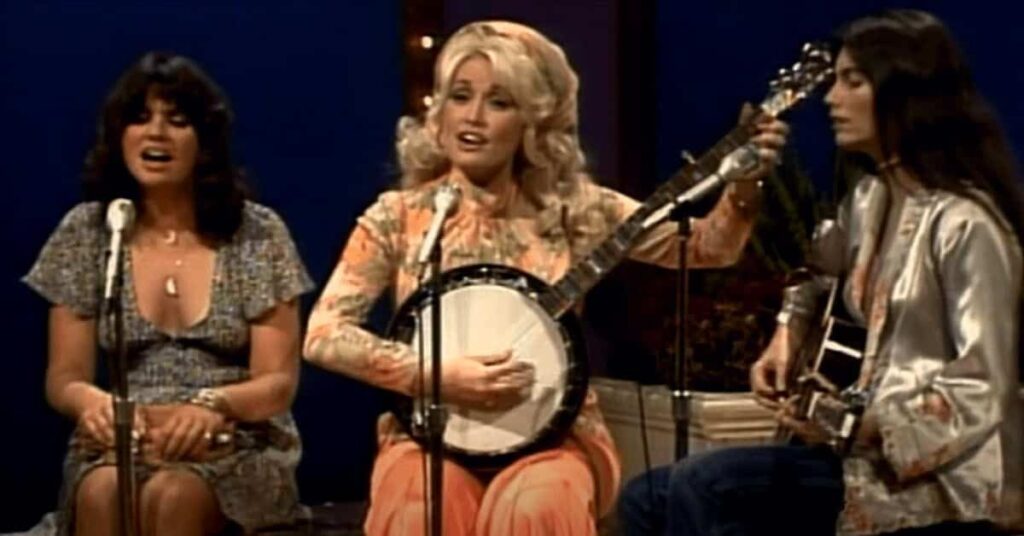
A Ballad of Solitude and Strength: A Timeless Ode to the Unyielding Heart
When Linda Ronstadt released her rendition of “I Never Will Marry” on her 1977 album Simple Dreams, she was already ascending the summit of American popular music. The album became one of her most acclaimed and commercially successful works, reaching No. 1 on the Billboard 200 and earning multi‑platinum status. Nestled among radio‑dominant hits like “Blue Bayou” and “It’s So Easy,” this traditional folk lament stood apart—quiet, austere, and aching with ancestral sorrow. The track’s emotional gravity deepened further through the haunting presence of Dolly Parton, whose harmony vocals wove through Ronstadt’s crystalline lead like a spectral echo from another lifetime. Their union was not just a meeting of two voices but a confluence of two distinct traditions in American song: Ronstadt’s California‑born folk‑rock refinement and Parton’s Appalachian authenticity.
“I Never Will Marry” is far older than either artist who gave it modern life. Rooted in 19th‑century British and American folk heritage, the song traveled by word of mouth across generations, absorbing regional inflections and melodic variations as it went. At its core lies a woman’s vow of eternal solitude after heartbreak—a theme so elemental it transcends its time and setting. When Ronstadt chose to include it on Simple Dreams, she was not reviving an antique curiosity but reaffirming the durability of a feminine archetype: the woman who, wounded yet resolute, refuses to be defined by loss or dependency.
Musically, Ronstadt approached the ballad with reverent restraint. The arrangement is spare—a gentle acoustic guitar, minimal rhythm support, and space enough for her voice to inhabit every corner of grief. Then Parton’s harmony enters like a ghostly sister spirit, her high mountain timbre binding the performance to the old-world lineage from which the song was born. Together they summon an atmosphere that feels both intimate and mythic, as though two modern icons were channeling generations of unnamed women before them.
Lyrically, “I Never Will Marry” speaks less of bitterness than of solemn acceptance. The protagonist’s declaration is not rebellion but quiet defiance against fate itself. In Ronstadt’s phrasing, each line sounds carved from emotional bedrock—her voice simultaneously tender and immovable. The song captures that peculiar equilibrium between heartbreak and freedom: love denied but selfhood affirmed.
In retrospect, this recording occupies a sacred space within both artists’ legacies. It is a meeting point between country tradition and contemporary interpretation, a reminder that beneath all the stylistic evolution of popular music lies an unbroken thread of human feeling. “I Never Will Marry” endures because it articulates something eternal—the strength found in solitude, the dignity within sorrow, and the profound beauty that arises when two voices blend to tell one woman’s timeless truth.